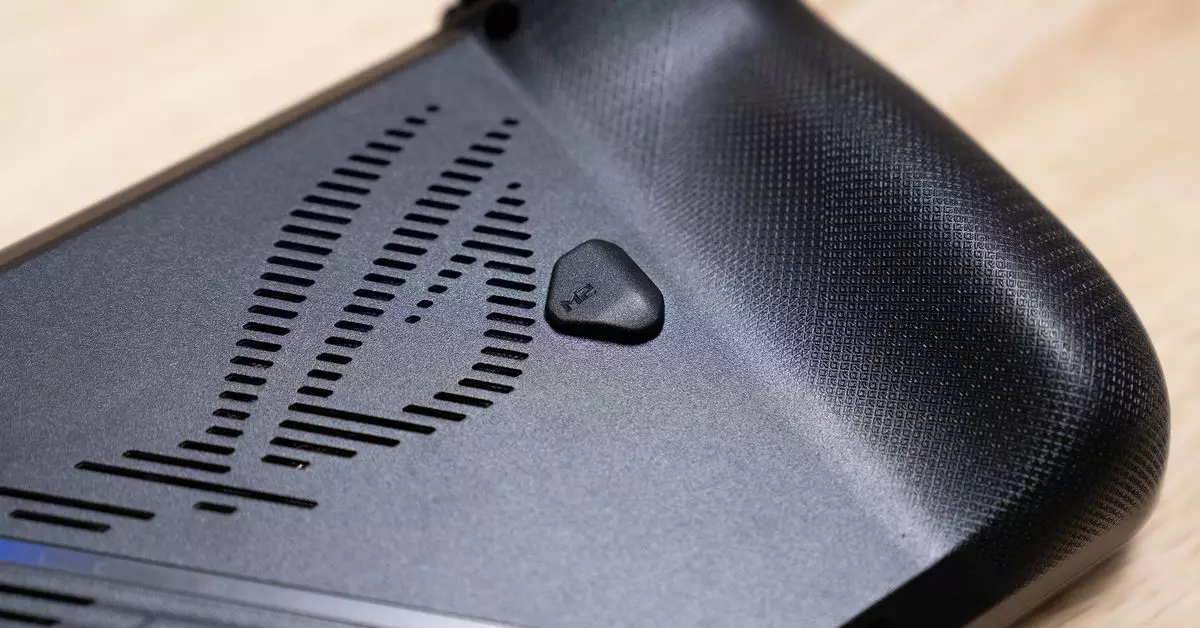Valve, the company behind the popular gaming platform Steam, had a vision of revolutionizing the gaming industry with its Steam Machines. These devices were essentially PC game consoles running on Valve’s Linux-based SteamOS. The idea was to provide a seamless gaming experience on the big screen, similar to traditional gaming consoles. However, it took a decade for Valve’s dream to fully materialize in the form of the Steam Deck gaming handheld.
While the Steam Deck is Valve’s own internally developed handheld gaming device, the company has not abandoned its initial vision of allowing other companies to use SteamOS. Recently, Valve designer Lawrence Yang confirmed to The Verge that Valve plans to support rival devices like the Asus ROG Ally gaming handheld. This marks a significant shift in Valve’s strategy, as they are now actively working on adding support for additional handheld devices on SteamOS.
The latest SteamOS release notes revealed that Valve has added support for extra ROG Ally keys, indicating that the company is indeed working towards supporting the Asus ROG Ally gaming handheld. While this does not necessarily mean that Asus will officially endorse Valve’s installer or sell the Ally with SteamOS, it is a step in the right direction towards cross-platform compatibility for gaming devices.
Despite Valve’s progress in expanding SteamOS support to rival devices, there are challenges that lie ahead. Asus, for example, ships its devices with Windows for several reasons, including Microsoft’s dedicated validation teams that ensure the smooth functioning of the operating system across various hardware configurations. Additionally, Valve is still fine-tuning SteamOS for handheld devices and is not yet ready to offer it for rival handhelds.
Valve’s long-term goal is to offer SteamOS for a wide range of devices, including non-handheld PCs. The company is also working on making SteamOS compatible with dual-booting Windows machines, allowing users to switch between the two operating systems at will. While Valve has made progress in preparing Windows drivers for the Steam Deck OLED, the timing for dual boot support is still uncertain.
Valve is not the only player in the market exploring the potential of Linux-based gaming platforms on Windows handheld devices. Universal Blue, for instance, has already achieved support for the Asus ROG Ally X before its official release, showcasing the growing interest in cross-platform gaming solutions.
Valve’s decision to expand SteamOS support to rival devices like the Asus ROG Ally marks a significant development in the gaming industry. While there are challenges and hurdles to overcome, the prospect of seamless cross-platform gaming experiences is becoming increasingly plausible. As Valve continues to innovate and adapt its technology to new devices, the future of gaming looks more diverse and interconnected than ever before.


Leave a Reply